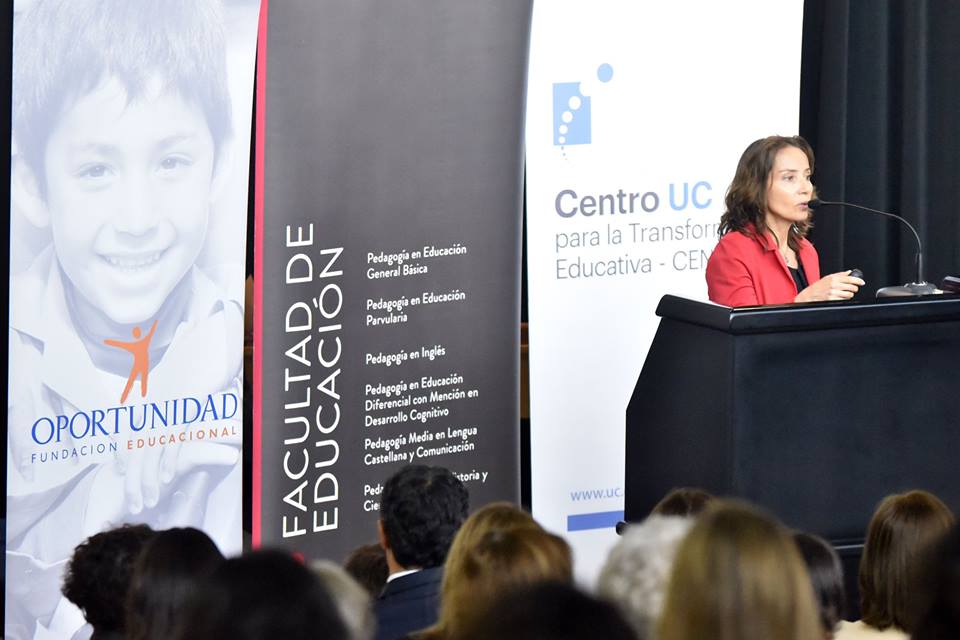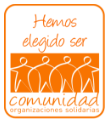The Centre-UC and the Centro de Políticas Comparadas en Educación (CPCE) of the Universidad Diego Portales have carried out 10 years of registration and rigorous evaluations of pre-school and kindergarten teachers and children in 153 municipal schools in the O'Higgins region that have participated in the professional development programme Un Buen Comienzo (UBC) of Fundación Educacional Oportunidad.

The strategies applied by the early education programme Un Buen Comienzo of Fundación Educacional Oportunidad have had a positive impact on the classroom teams and thus on the pre-school and kindergarten children in Chilean municipal schools. This is the main conclusion reached by the research in the book "A Good Start for the children of Chile".
The document was presented this month by the Fundación Educacional Oportunidad, together with the Faculty of Education of the Universidad Diego Portales and CENTRE-UC of the Universidad Católica and describes the history, results, lessons and perspectives of the Foundation's Un Buen Comienzo (UBC) programme. It is a unique record in Chile, as there are few early education programmes that demonstrate positive impacts in key areas of development for vulnerable children.
"What the Foundation and the Good Start programme are doing is in line with what the government wants to achieve, quality programmes based on studies that support them. These results provide the basis for implementing this programme in public education," said María Angélica Balmaceda, Head of the Education Policy Division of the Undersecretariat for Pre-school Education, at the launch.
The Centre-UC and the Centro de Políticas Comparadas en Educación (CPCE) of the Universidad Diego Portales have carried out 10 years of registration and rigorous evaluations of pre-school and kindergarten teachers and children in 153 municipal schools in the O'Higgins region that have participated in the professional development programme Un Buen Comienzo (UBC) of Fundación Educacional Oportunidad.
Ernesto Treviño, director of CENTRE-UC at the Catholic University and leader of the research that resulted in the book "A Good Start for the Children of Chile", described this study as "a unique record in Chile, as there are few early education programmes that demonstrate positive impacts in essential areas of development of children in vulnerable situations",
The positive results of the Good Start programme enabled children to achieve higher levels of language development by increasing their vocabulary, letter and word recognition, emergent writing and text comprehension. These improvements are reflected in the fact that by the end of kindergarten, children who received UBC strategies achieved language development one year ahead of their peers who did not participate in the initiative.
In addition, the children achieved higher levels of concentration and organisation in carrying out activities. They developed better skills in socialising with their peers, working cooperatively, supporting those with problems and building friendships.
"Ten years ago we began testing a model of professional development for teachers and principals in the search for improvements in pedagogical and leadership practices and, therefore, in children's learning. Today, after much learning and adjustments to the proposal, we have a solid model that has shown impact and goes beyond the classroom, involving all actors in the system," said Marcela Marzolo, executive director of Fundación Educacional Oportunidad.
The Good Start programme was designed jointly by representatives of civil society and academics from Harvard University in 2006 to contribute to Chilean municipal early education and has been evaluated since its inception by the Centro de Políticas Comparadas de Educación of the Universidad Diego Portales, later joined by the CIAE of the Universidad de Chile and the Centro UC para la Transformación Educativa of the Pontificia Universidad Católica de Chile.
Measuring system
This study used CLASS (Classroom Assessment Scoring System), an international observation instrument developed by the University of Virginia in the United States to measure the effectiveness of teacher-student interactions - which, according to studies, is primarily responsible for children's learning. CLASS measures three main areas: emotional support, classroom organisation and pedagogical support.





